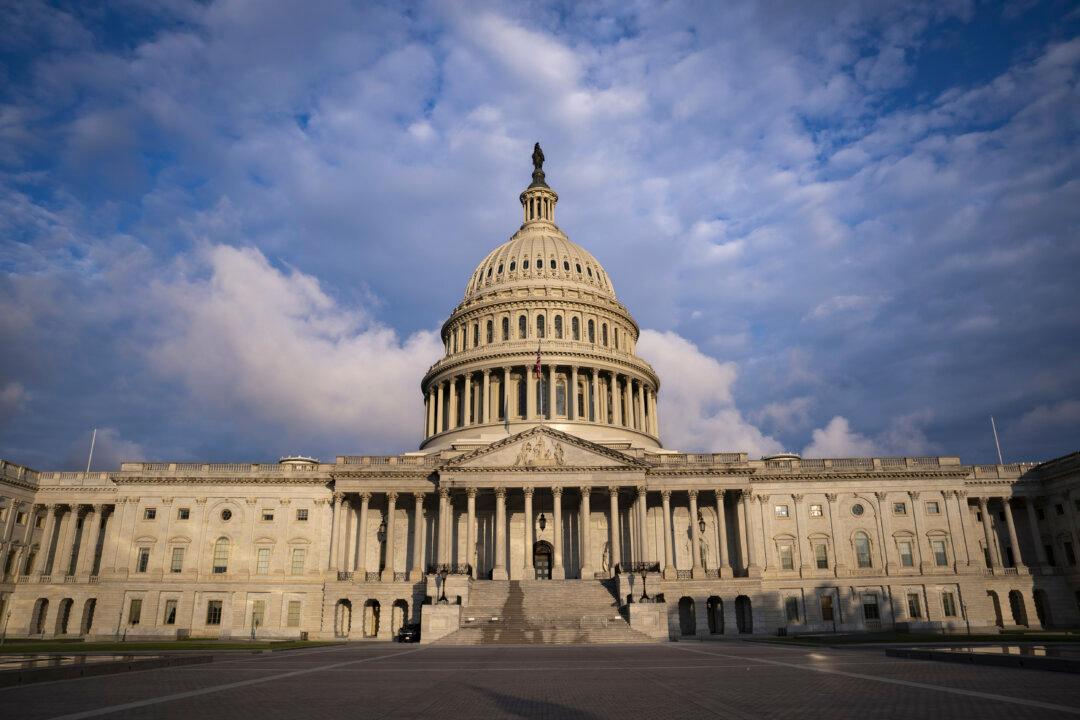News Analysis
Overview
On the day before President Biden announced that he is “forgiving” part or all of the student loans of nearly everyone who owes them, his administration released a legal memo declaring that he had the authority to do this under a 2003 law.That claim is belied by Congressional records recently unearthed by Just Facts. These reveal that Congress voted to pass the law by a margin of more than 500 to 1 because it did not authorize any actions that would cost money.





